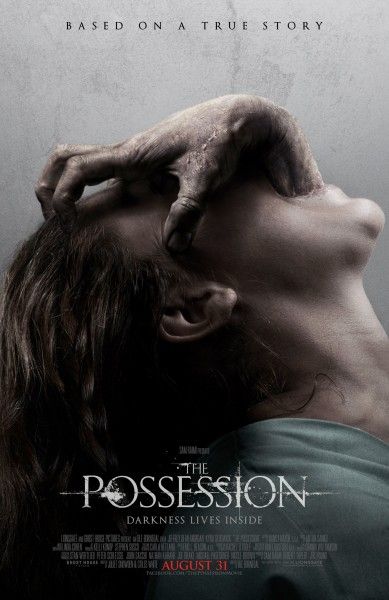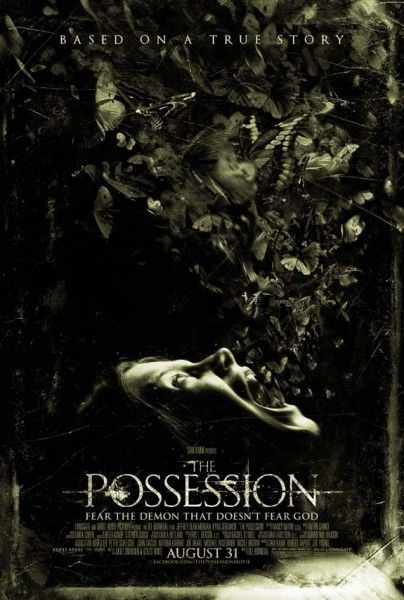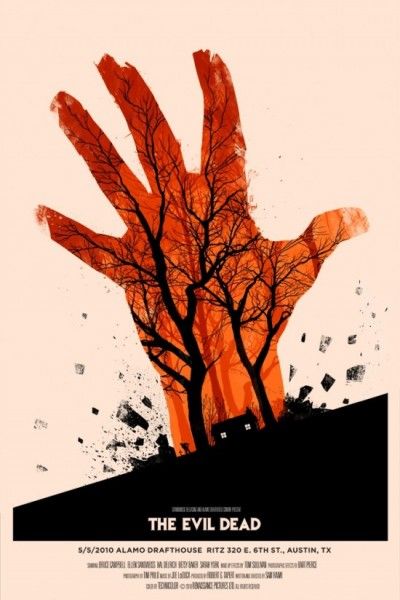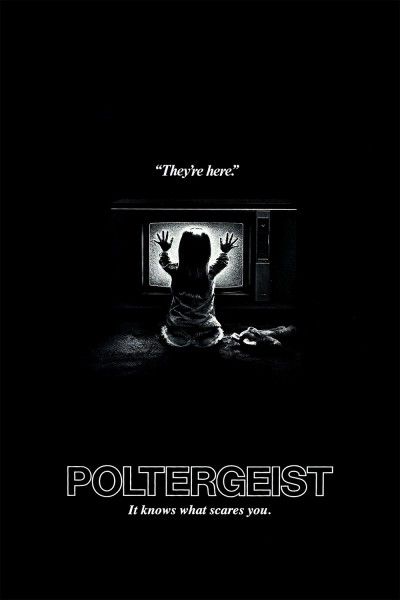Based on a true story, the horror thriller The Possession shows what happens to one family who must save their youngest daughter from a malevolent force, known as a Dibbuk, that wants to devour her body. Clyde (Jeffrey Dean Morgan) and Stephanie Brenek (Kyra Sedgwick) notice their youngest daughter Em’s (Natasha Calis) erratic behavior, as she becomes increasingly obsessed with an antique wooden box purchased at a yard sale, but initially chalk it up to their difficult divorce. Once they realize what is really going on, they enlist the help of a Hasidic rabbi (Matisyahu) to cast out the evil infecting their daughter’s human soul.
During this recent exclusive phone interview with Collider, producer Sam Raimi talked about what drew him to the creepy story, why he wanted to collaborate with director Ole Bornedal, and why he thinks possession is something that’s always been so scary to people. He also said that, having seen almost all of the dailies for The Evil Dead, the film is so bloody it will make your head spin, that it will definitely be R-rated, that there were a lot of ways to improve on the original film, and how exciting it is to see what director Fede Alvarez brought to it. In regard to the Poltergeist remake, he said that David Lindsay-Abaire is currently working on the screenplay, and that he hopes to have a draft by around the first of October. Check out what he had to say after the jump.
Collider: What attracted you to The Possession and made you want to collaborate with this director, specifically?
SAM RAIMI: Well, I had seen Ole Bornedal’s movie The Substitute, and I was a really big fan of it. He had these great performances from his entire cast, so I knew what a great director he was. And then, I also had the chance to meet him at a lunch one day, and I thought he was charming and funny. I just really liked the guy. So, that’s how I connected up with Ole. As far as the subject matter, my partner, Nathan Kahane, had brought in to the office an article from the L.A. Times, written by Leslie Gornstein, and it was called “Jinx in a Box.” It was about this terrible Dibbuk box, and the article told the story of all these different people that had come in contact with it and the awful things that had befallen them, and it was really freaky and scary. We then read more about this Dibbuk box and the people it had destroyed on a website, and it really seemed like it could be true. I’m not a believer just in anything, but something about it seemed like it could be true. So, my partner said, “Why don’t we make it into a movie?,” and I said, “That’s a great idea!” And then, we worked with a lot of different sets of writers on the screenplay, until we finally hit upon these really great writers, Juliet Snowden and Stiles White, and they produced the finished screenplay that Ole went on to direct.
When a film comes out with the tag, “Produced by horror master Sam Raimi,” does that make you nervous, or is that something you’re proud of people being able to describe you as?
RAIMI: It’s more that Ole wanted to do a lot of unusual things in this picture, from his casting to his style. In this case, I had to get behind him and tell the producers and the studio that I supported his vision, even if it was unusual and weird. Once I got into that position, what naturally came about was that they wanted to put my name on the film because I had been telling them to believe in Ole, and I believed in him myself, and they supported me when the chips were down. He wanted to hire Matisyahu, the very unusual choice for the rabbi who is involved in the possession. He’s a young hip-hop musician. He’s not some old, classic Hollywood figure to drive away the evil spirit. In so many situations, I had to have the studio believe in Ole’s vision, even if it was different and unusual, which they did. And so, when it came time to sell the movie, I stood behind it and put my name on it, as they had wanted.
Why do you think it is that possession is something that’s always been so scary to people and makes such a great horror subject?
RAIMI: I think maybe because we realize how possible it is. It’s so easy, in three different ways, to see how possession exists, in our world. The first is just when you see a very domineering person who has somebody that they’re with, obviously under their psychological control. We know that that exists, in that form. The domination of one’s spirit and mind is not a pretty thing, but I think it happens. And the second type of possession we see is a computer possession. You’re able to go into and hack somebody’s computer and take over its brain. It’s not a living thing, but it’s a purely mathematical position. You’re able to tell their computer to do anything you want it to do. So, it exists in that form, in our world. And then, finally, there’s a virus that’s a little piece of floating RNA that splices itself into our DNA and tells your body, “Replicate me until the red hour, and then we’ll go berserk and take control.” Really, it’s controlling your body. It’s secretly there, until one day it becomes known. That’s the physical kind of possession that takes place. So, because there are so many types of possession already in our world, it’s actually just a small step for me to believe that this type of possession could actually be real.
One of the great things about your Evil Dead movies is that you weren’t afraid to show blood and gore. Will the remake be as bloody, or is it more of a PG-13 release?
RAIMI: It’s really bloody. It’s so bloody, it will make your head spin. I’ve seen almost all the dailies and they’re really going for it. It’s gonna be grisly and intense and non-stop.
Does that mean it will have to be R-rated then?
RAIMI: Definitely R. Maybe worse.
How involved were you with the film, and what can fans look forward to with the remake?
RAIMI: Well, I always thought that Evil Dead was a little campfire story that you tell at a camp to kids to scare them at night. But, I don’t think anybody thought it was a beautifully produced, theatrical experience. It was shot in 16mm, all the effects were done for a quarter, and I always thought it could be done in a big screen movie type way that was really high quality with photographic effects. It could still be just as gritty, but it could be done in stereo and not just mono, and it could be done in 35mm versus 16mm. There were a lot of ways to improve it. There could be much better writing than I was capable of, at the time, as an 18-year-old kid writing that screenplay. And honestly, the directing could be a lot better, and the characterizations could be better. I was very happy with it, but it was something that was crudely done and I thought deserved re-exploration. I thought it would be fun and, in fact, it has turned out to be a tremendous amount of fun because it’s like an old melody that you write and you’ve brought in this really great, cool, young, hip jazz musician, and he’s riffing on it and showing you places it could go that you never dreamed. It’s very exciting for me.
Do you have a status update on the remake of Poltergeist?
RAIMI: Probably nothing new that you don’t know. David Lindsay-Abaire is working on the screenplay, and I’m hoping to have a draft by around the first of October.





